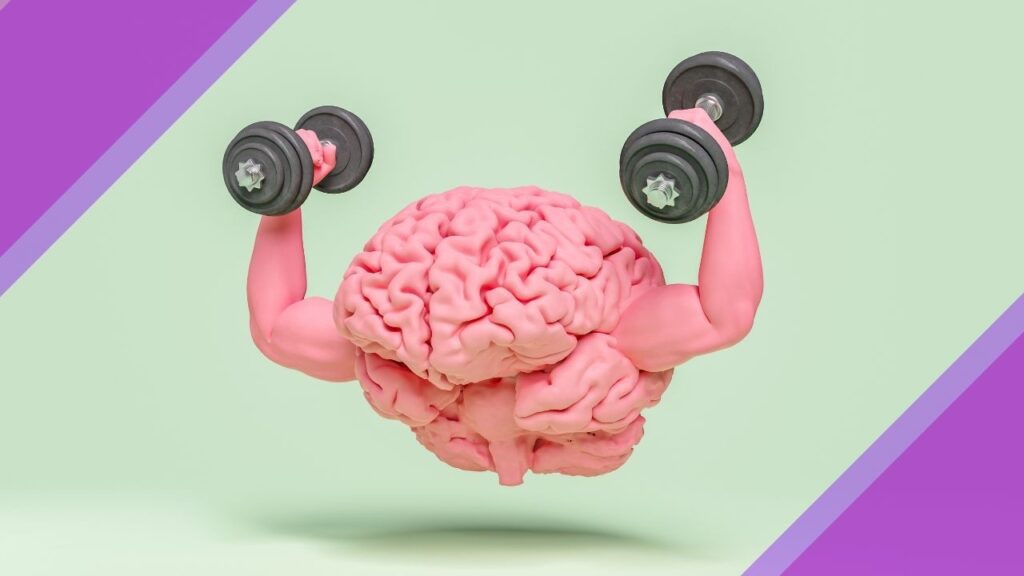
Misplacing keys or forgetting someone you met recently are both symptoms of ageing; however, cognitive decline does not need to be inevitable.
Studies show that adopting healthy lifestyle habits can help keep your mind sharp and reduce memory loss risk. Here are a few simple habits you could try: 1. Learn Something New
1. Exercise Your Brain
People often mistakenly assume that as we age our mental health will deteriorate; however there are several steps you can take to keep your mind healthy as we age. Sleep, exercise and positive thought all play key roles in improving cognitive performance for older adults.
Engaging in stimulating activities such as puzzles, reading or learning a foreign language/instrument can create new neural pathways and reduce cognitive decline due to stagnation.
Use regular aerobic exercises, like walking or bicycling, to increase blood flow and enhance memory. Social interactions such as meeting friends or joining a hobby group may also benefit your brain health; try finding one with similar interests such as knitting or book clubs that share these goals.
2. Eat Right
Sleep, physical activity and engaging in mentally stimulating activities are essential in maintaining mental acuity. Unfortunately, certain lifestyle factors can contribute to brain shrinkage and dull thinking more quickly – high blood pressure, diabetes, smoking cigarettes or being overweight being some examples of such factors that could speed this decline in mental sharpness. If necessary, consult with a healthcare provider regarding lowering or managing diabetes and stopping smoking if required.
Eating a diet rich in leafy greens, berries, nuts, whole grains, fish and poultry can significantly enhance cognition. One diet recommended by the Alzheimer’s Association called MIND is especially effective; it focuses on foods rich in vitamin E, B vitamins and omega 3 fatty acids while restricting intake of foods high in saturated fats and sugar. Aim to include at least five servings of fruits and vegetables each day (37).
3. Get Enough Sleep
As is true for muscles, the brain also requires restful slumber to function optimally. A minimum of 7 to 8 hours’ rest helps your brain consolidate new information into long-term memory more quickly and accurately allowing for easier recalling of things like meetings and events.
Sleep can also help your brain cleanse itself of harmful toxins that can block blood flow to the brain and contribute to memory loss.
Sensations such as smells, sights and sounds can trigger memories; therefore it is beneficial to spend more time with friends or family members, or join a social club – studies indicate this activity has positive results on brain aging.
4. Exercise Your Body
As with muscles, your brain needs regular physical exercise too. Exercise improves blood flow to the brain and memory retention if combined with activities that stimulate cognitive functions such as puzzles, crosswords and sudoku.
Reading, playing games and socializing with others are great ways to keep your mind sharp. Engaging all five senses – such as smelling roses or making coffee – is also key in recall.
Stress and certain medical conditions can accelerate mental decline rapidly, so it’s essential to manage them. Speak with your health provider about ways you can lower blood pressure, reduce diabetes risk, quit smoking and maintain a healthy weight to help avoid cognitive decline or slow it down.
5. Exercise Your Mind
If your keys are becoming harder to locate, or if you frequently forget words when talking with others, this could be age-related mental fogginess – or could it be a warning sign of Alzheimer’s or dementia?
Stimulating your brain with activities such as learning new skills, solving crossword puzzles or playing games requiring thought or attention helps maintain good brain health. A varied vocabulary, nutritious diet and social interactions all play their parts to supporting this effort.
Focusing on strengthening your brain regularly through practicing healthy habits is the best way to strengthen it, according to SummaCare. Implement these simple steps daily and you could see significant improvements in your mental wellbeing.



